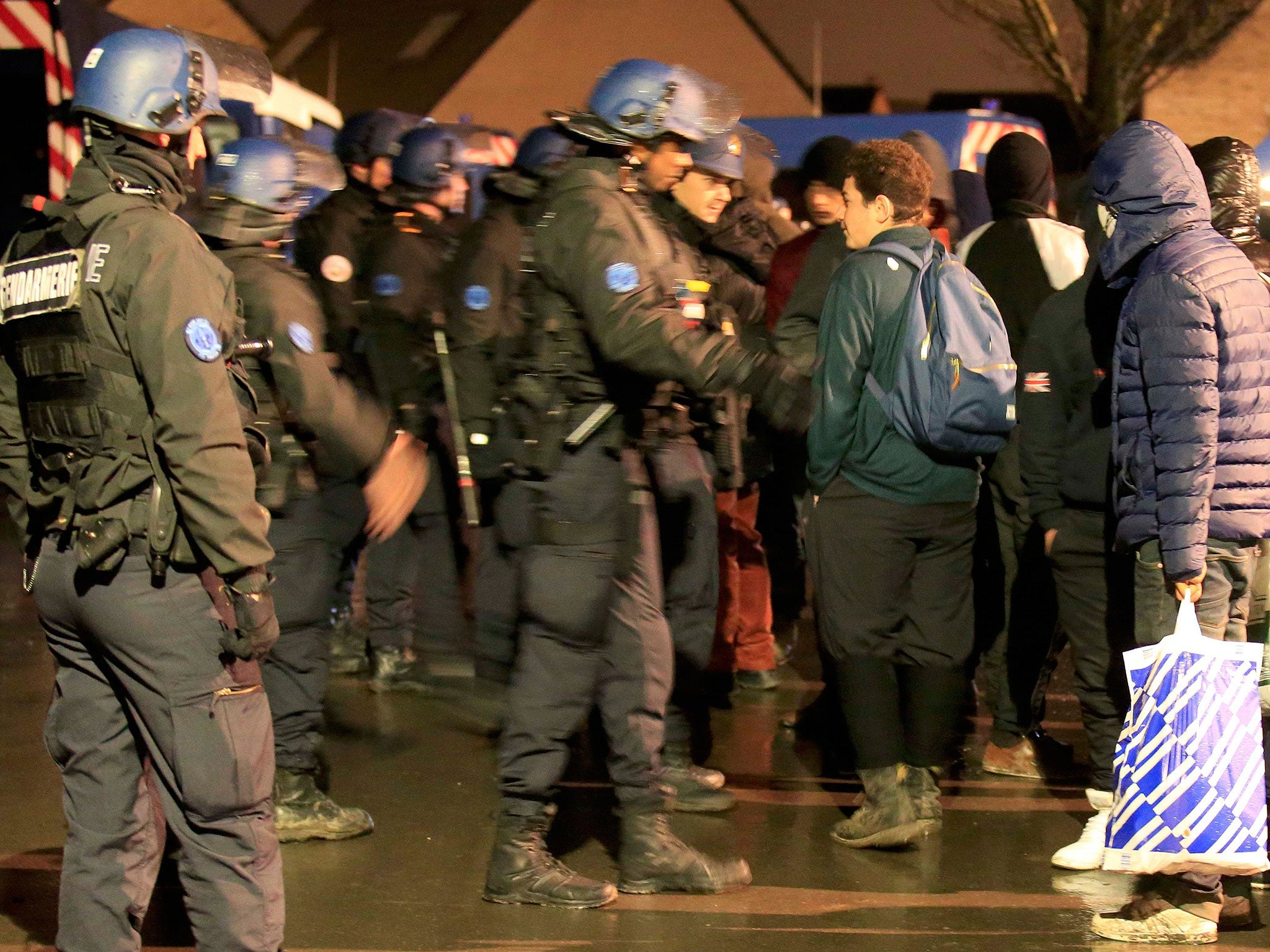Putting Greece in quarantine is no solution to the EU crisis
Germany is now mulling over whether to suspend Schengen for two years, which would set the tone for the entire EU

Your support helps us to tell the story
From reproductive rights to climate change to Big Tech, The Independent is on the ground when the story is developing. Whether it's investigating the financials of Elon Musk's pro-Trump PAC or producing our latest documentary, 'The A Word', which shines a light on the American women fighting for reproductive rights, we know how important it is to parse out the facts from the messaging.
At such a critical moment in US history, we need reporters on the ground. Your donation allows us to keep sending journalists to speak to both sides of the story.
The Independent is trusted by Americans across the entire political spectrum. And unlike many other quality news outlets, we choose not to lock Americans out of our reporting and analysis with paywalls. We believe quality journalism should be available to everyone, paid for by those who can afford it.
Your support makes all the difference.The first step towards Europe ending its policy of open internal borders has been taken. On Tuesday, EU interior ministers requested that the European Commission – the bloc’s executive arm – draw up plans that would allow member states to reintroduce checks and barriers, and so refuse any number of the migrants and asylum seekers pleading for entry. It is early days yet but preparing for the worst will smooth the passage to it.
With Austria joining Germany, Sweden, Norway, France and Denmark in bringing in border controls last week, the die appears cast. Germany is now mulling over whether to suspend Schengen for two years, which would set the tone for the entire EU. As one unnamed official put it: “It is hard to see borders being removed [when that period elapses].”
What we are seeing here is in part a result of the decision to end the Dublin agreement, which nominally forced asylum-seekers to make their claim in the country in which they first set foot.
That cancellation upped the burden on northern EU member states, in so far as under it they will have to deal with more asylum claims. So now the European Commission is also pressing ahead with plans to seal off Greece’s border with Macedonia (the only one through which refugees can reach Europe), if not expel Greece from the Schengen zone altogether.
The idea that Greece has failed to uphold its side of the bargain, in terms of controlling its borders, ignores the reality on the ground. Unless the country deployed its navy to block off boats, and so leave their passengers to drown, it had no option but to host the thousands who have been seeking to enter. Northern European states want, in essence, to turn Greece into a giant internment camp for refugees. The buck will thus be passed to a country whose inability to deal with migrants so far has led most other EU member states to deem it “unsafe” to return asylum-seekers there. This has the makings of a practical disaster, let alone a moral one.
Join our commenting forum
Join thought-provoking conversations, follow other Independent readers and see their replies
Comments